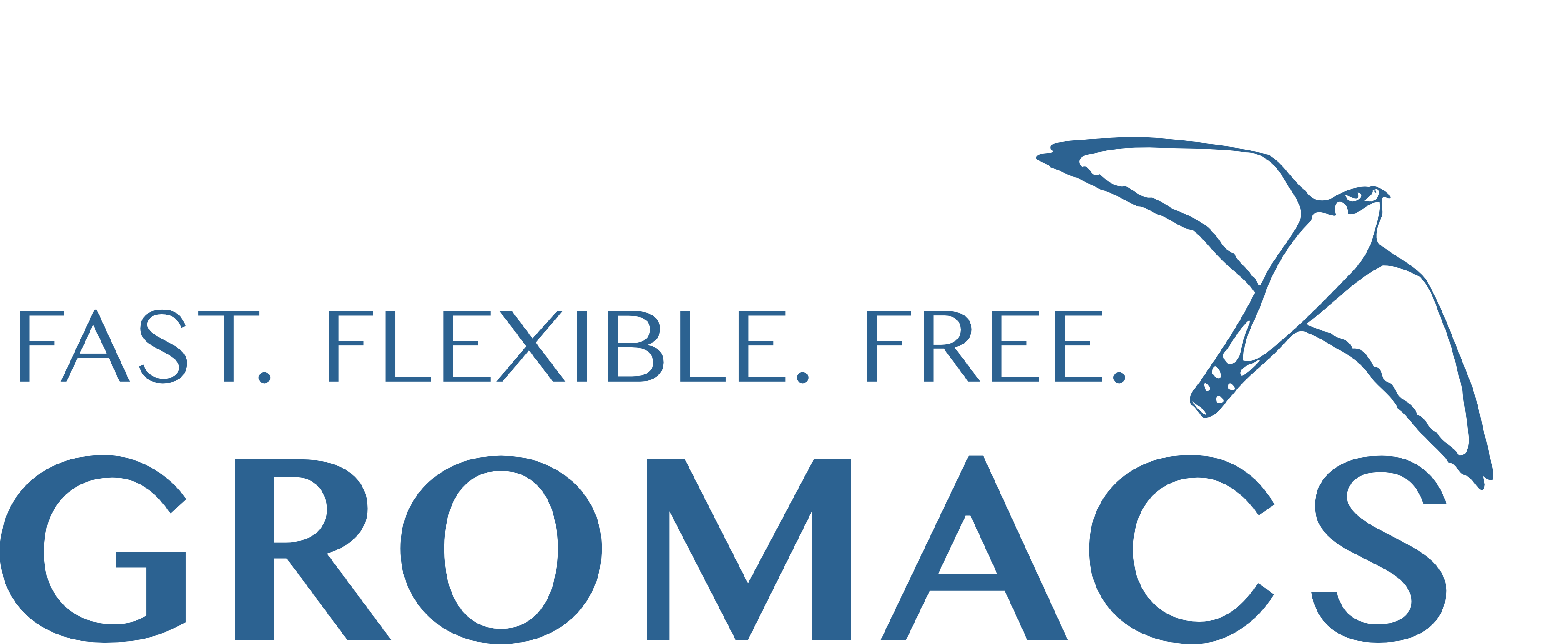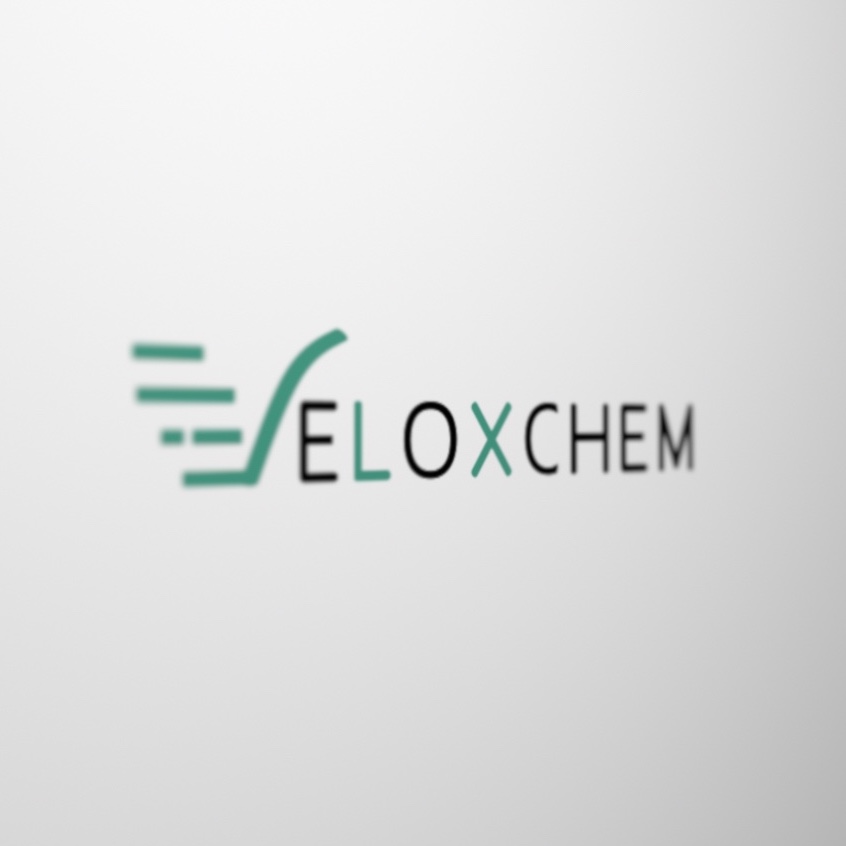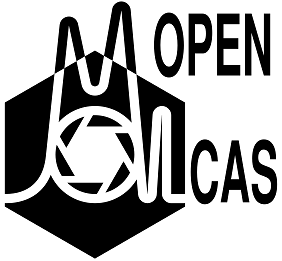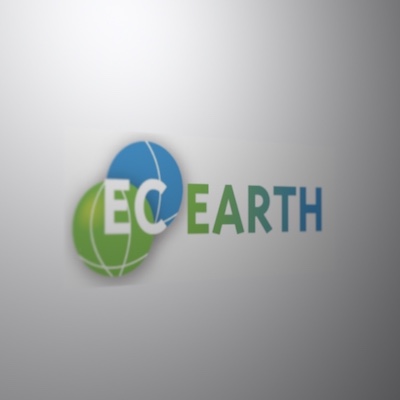Software Support
ENCCS is supporting the HPC development of key scientific software in Sweden
Take advantage of our experts and make your code run faster and more efficiently on some of the world's fastest supercomputers.
Effective
Powerful
Free
Are you an SME?
Did you know our experts can help you develop your company's software/code?
ENCCS can provide one of its experts to work full time on your code for up to 6 months, helping you porting it to GPUs or scale it up to multiple CPUs. Our experts have multiple years experience in several computer languages, as well as domain specific languages.
Interested? Fill the form!
If you have a question, don't hesitate to contact us at info@enccs.se.
ENCCS is supporting the development of key scientific HPC software in Sweden and providing consultancy and training to adapt the software to supercomputing systems. On this page you can find more information on the core software packages we have supported – ranging from molecular dynamics and electronic structure to climate modeling and computational fluid dynamics codes. ENCCS is also engaged in several machine-learning projects, including with industrial and public-sector partners.
In our work we draw on extensive individual experience in scientific computing and HPC software development which spans many programming languages, parallelization schemes and hardware architectures. We aim to strictly follow and train
others in
best practices in software development - this includes using version control systems, automated testing, code coverage analysis and continuous integration as well as writing high-quality documentation, adhering to standard coding
styles and using well known build systems. We also strive to follow
FAIR software principles.
ENCCS can also provide proof of concept by providing an expert for up to 6 months full-time cost-free to an SME in order to help develop and port software to supercomputers.
ENCCS is also in tight collaboration with Centres of Excellence (CoE) and can assist users get information on their supported software as well as get in touch with key people to get the support that they need. Click on the button below
for more information.




















